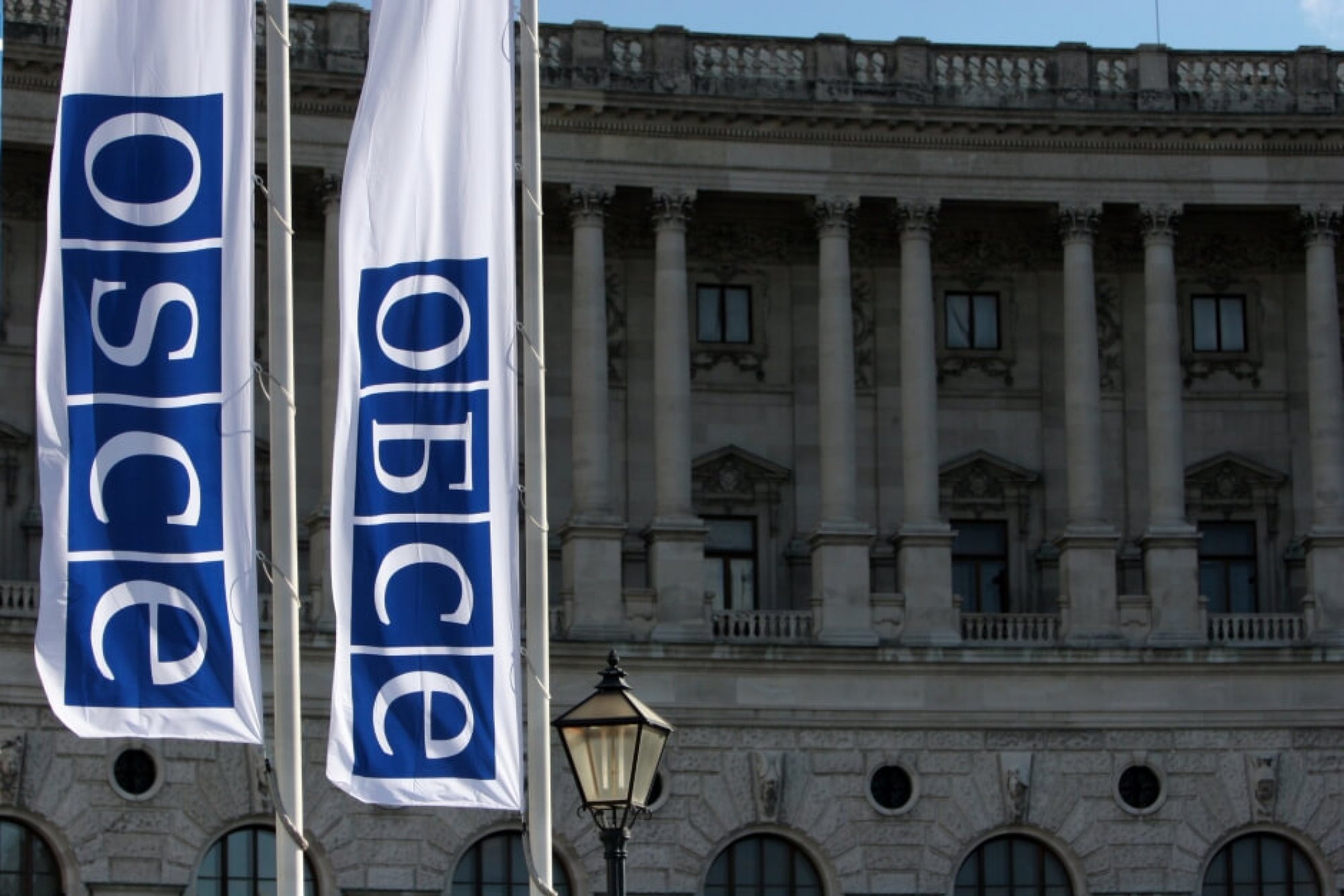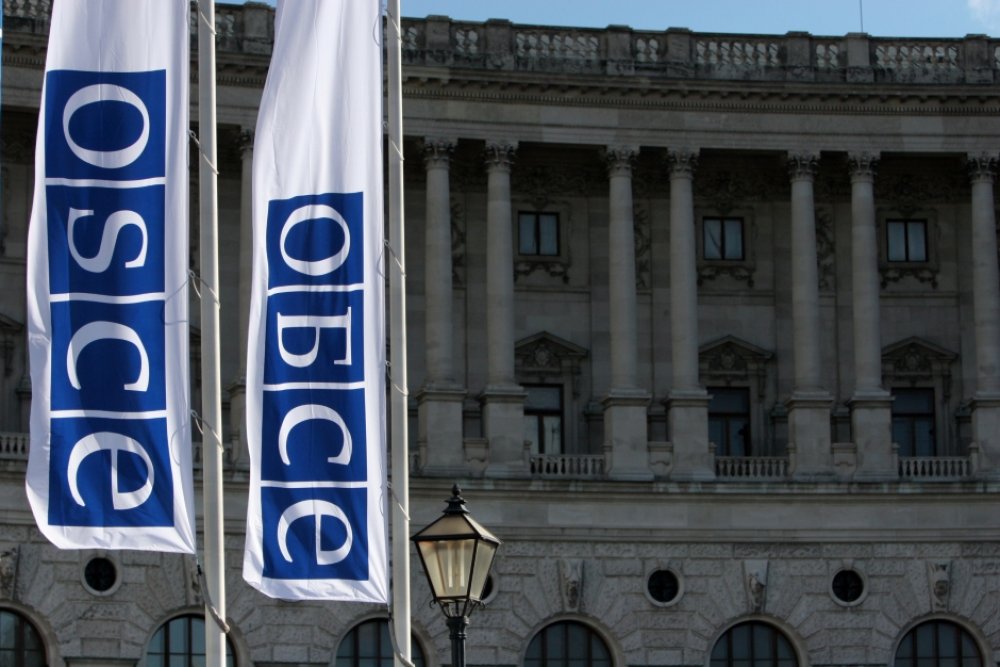OSCE/Mikhail Evstafiev

The Headless OSCE
The OSCE has no Secretary General (SG). The mandate of former OSCE SG Lamberto Zannier came to an end on 30 June at midnight. The 57 OSCE participating States have so far been unable to forge consensus on his successor. One of the leading candidates for the post of OSCE SG is Thomas Greminger from Switzerland.
In addition, three other top posts in the OSCE are vacant. They concern the Director of the OSCE Office for Democratic Institutions and Human Rights (ODIHR), the OSCE High Commissioner on National Minorities (HCNM), and the OSCE Representative on Freedom of the Media (RFoM). The three independent OSCE Institutions are strongly associated with their top figures who draw attention to elections, media freedom and minority rights in the OSCE region.
Several different names have been mentioned in the past for those three key positions. Most recently, Ingibjörg Sólrún Gísladóttir, former Foreign Minister of Iceland, has been mentioned in connection with the post of ODIHR Director; Lamberto Zannier, former OSCE Secretary General in connection with the post of OSCE HCNM; and French politician Harlem Désir in connection with the post of OSCE FRoM.
All leadership positions in the OSCE have to be agreed upon by consensus. This makes negotiations very tough. Furthermore, all four positions are being negotiated in a package, meaning that they can only be agreed upon together. Some attempts are being made to undo the package and to first agree on the SG and the ODIHR Director, however this is proving difficult, according to diplomats participating in the negotiations. The result is an unprecedented leadership vacuum for the OSCE’s executive structures.
The Austrian OSCE Chairmanship, supported by a group of friends, is leading the negotiations to finalize the appointments, at the latest on 11 July, when OSCE Foreign Ministers are meeting informally in Mauerbach, close to Vienna in Austria.
In the meantime, the OSCE Secretariat in Vienna is headed by an interim Officer-in-Charge (there is no Deputy SG). The same goes for the three OSCE Institutions (several of which, like the HCNM, which have had no leaders for several months).
However, there is no interim Chief Administrative Officer, a function which is usually carried out by the OSCE SG. According to a mandate adopted in 2004, the OSCE SG is at the same time head of the OSCE Secretariat in Vienna, and Chief Administrative Officer of the entire OSCE, including all Institutions and Field Operations. This latter function is very important, not only to ensure the efficient use of OSCE resources, but also to coordinate the OSCE’s response when a crisis breaks out, and to lead joint efforts on cross-dimensional challenges, for example on migration, violent extremism and radicalisation, as well as on terrorism.
Thus far in the appointments process, several participating States have maintained entrenched national positions. For the good – maybe even the survival – of the OSCE, it is time for all states to think of the greater good. Crippling the OSCE any longer will erode its ability to function at a time when it is more relevant and more needed than it has been for years.



Comments
* Your email address will not be published